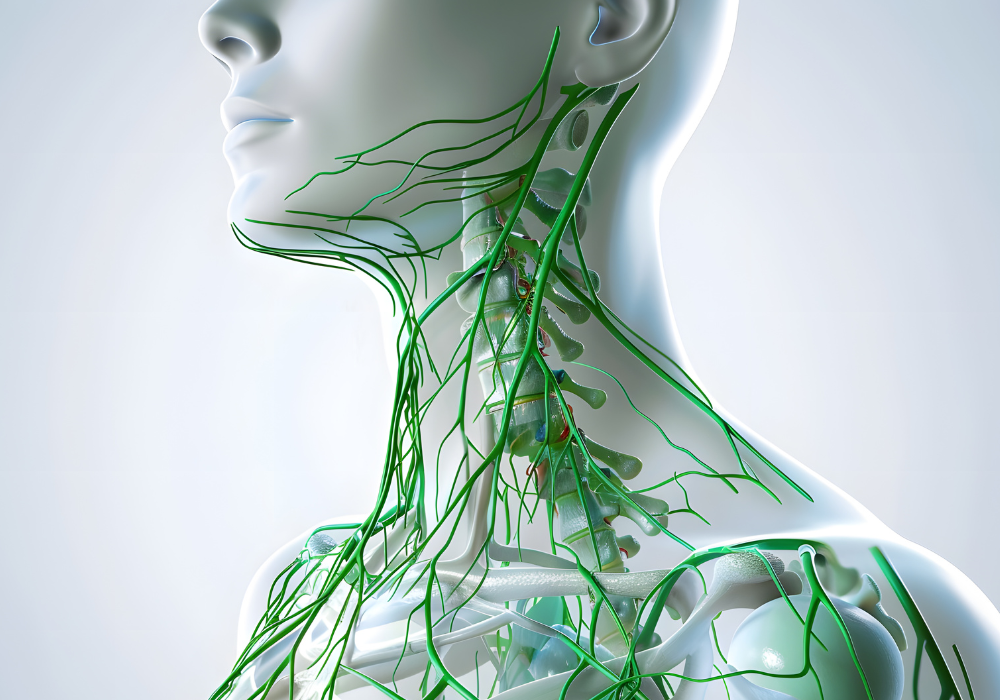Researchers uncover surprising links between smell and the body’s final signals.

Most of us think of death as something sudden or far off, but research suggests the body may sense it coming long before anyone realizes. Scientists are uncovering evidence that subtle signals—starting with changes in smell—could point to life’s final chapter. It’s an eerie idea, but one that reveals just how connected our senses are to our overall health, and why experts say the nose may hold more clues than we ever imagined.
1. Your Nose Could Be the First to Sound the Alarm

Scientists have found that changes in the sense of smell often appear before other health problems. A fading ability to detect scents may signal more than just aging—it can point to serious conditions linked to the body shutting down.
When researchers tracked people with declining smell, they noticed higher risks of mortality within years. The connection isn’t fully understood, but experts believe the nose could be tied directly to the brain’s health, making it one of the earliest indicators that something critical is happening inside the body.
2. The Surprising Brain Connection Behind Smell Loss

The sense of smell is wired directly to the brain, particularly areas responsible for memory and emotion. That close link may explain why a failing nose is often one of the first red flags of declining health.
Studies have shown that people who lose their sense of smell are more likely to develop cognitive decline. When the brain begins to falter, the nose may be one of the earliest messengers, suggesting that the body is already preparing for changes connected to the end of life.
3. A Clue Hidden in Everyday Scents

Imagine suddenly struggling to notice the smell of coffee, flowers, or even smoke. Many who later experience serious health issues first report that familiar scents no longer register.
This fading awareness can creep in slowly, and most people don’t realize its significance. Researchers say these subtle shifts can predict larger declines in health, pointing to the possibility that the body is quietly sending advance notice of deeper problems to come.
4. Why Doctors Take Smell Tests Seriously

Doctors are increasingly using smell tests as part of neurological exams. A weak performance doesn’t just hint at nose issues—it may point to brain changes that affect survival.
When patients show an inability to identify scents, it can sometimes predict life expectancy better than certain standard medical tests. This surprising link is driving new interest in how something as simple as smell might be used as a window into the body’s timeline.
5. The Role of the Immune System in Smell Loss

The immune system plays a key role in keeping the nose healthy. When defenses weaken with age or illness, the sense of smell often declines along with them.
This decline may act as a warning signal that the body’s ability to fight disease is waning. Scientists see it as a reminder that the nose doesn’t work in isolation—it reflects larger processes happening across the body that can foreshadow serious health outcomes.
6. How Smell Loss Links to Alzheimer’s and Dementia

One of the strongest connections between smell loss and mortality involves brain diseases like Alzheimer’s and dementia. Patients often lose their ability to detect scents years before other symptoms appear.
This early decline shows how closely the nose is tied to the brain. When the olfactory system weakens, it may be a sign that critical areas of the brain are deteriorating, pushing the body toward a path associated with shorter life expectancy.
7. The Nose as a Marker of Biological Age

Researchers suggest that how well you smell may say more about your true biological age than your birth certificate. A strong sense of smell often signals resilience, while a fading one suggests vulnerability.
This insight could help explain why smell loss is such a powerful predictor of mortality. The nose becomes a kind of barometer, reflecting the wear and tear of the body in ways that often escape standard medical measurements.
8. Why Some Scientists Call Smell a “Sixth Vital Sign”

We’re used to hearing about pulse, temperature, and blood pressure, but some researchers argue smell should be considered just as important.
They note that the ability to detect and identify odors is strongly tied to survival rates. A decline may act as a quiet but urgent message that the body is entering a more fragile state, giving doctors and patients critical time to take preventative measures.
9. The Silent Progression Few People Notice

Unlike vision or hearing loss, smell loss doesn’t always cause immediate disruption. People can go months or years before realizing scents have faded, making it a particularly stealthy warning sign.
This delayed awareness means the body may be broadcasting messages long before anyone picks up on them. By the time it’s noticed, underlying health declines could already be well underway, linking the symptom to life’s closing chapter.
10. How Lifestyle May Delay Smell Decline

Not all news is grim—scientists believe healthy habits may slow down the loss of smell. Avoiding smoking, exercising regularly, and eating a balanced diet all appear to help protect the nose.
These steps may not prevent mortality, but they could delay one of its earliest signals. That makes lifestyle choices a powerful way to preserve not just overall health but also the body’s subtle ability to warn us about what’s ahead.
11. What This Research Means for the Future

As science digs deeper, smell could become a tool for predicting health in new ways. Routine screenings might someday use scent recognition as a standard test alongside blood pressure or cholesterol checks.
By paying attention to the nose, researchers hope to unlock better methods of spotting health risks earlier. For now, the findings are a reminder that even the smallest senses can reveal profound truths about the body’s journey toward its final chapter.